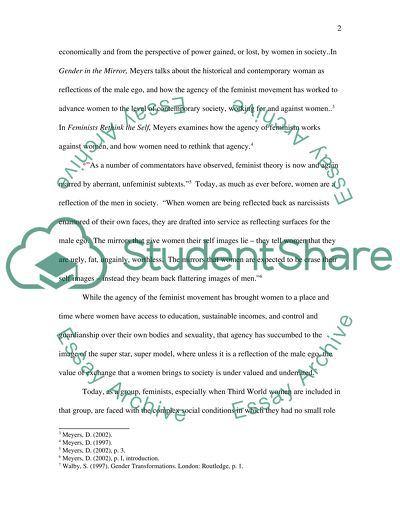Cite this document
(“Money Sex and Power Essay Example | Topics and Well Written Essays - 2500 words”, n.d.)
Money Sex and Power Essay Example | Topics and Well Written Essays - 2500 words. Retrieved from https://studentshare.org/sociology/1539643-money-sex-and-power
Money Sex and Power Essay Example | Topics and Well Written Essays - 2500 words. Retrieved from https://studentshare.org/sociology/1539643-money-sex-and-power
(Money Sex and Power Essay Example | Topics and Well Written Essays - 2500 Words)
Money Sex and Power Essay Example | Topics and Well Written Essays - 2500 Words. https://studentshare.org/sociology/1539643-money-sex-and-power.
Money Sex and Power Essay Example | Topics and Well Written Essays - 2500 Words. https://studentshare.org/sociology/1539643-money-sex-and-power.
“Money Sex and Power Essay Example | Topics and Well Written Essays - 2500 Words”, n.d. https://studentshare.org/sociology/1539643-money-sex-and-power.


